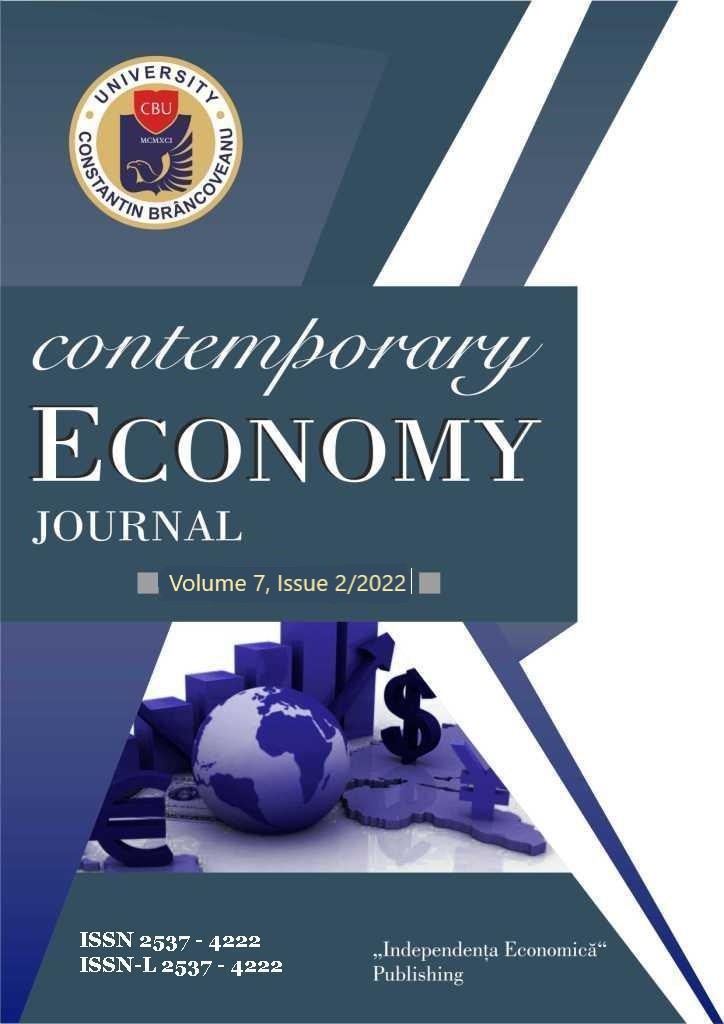IMPACTUL RECENTELOR HOTĂRÂRI ALE OECD/G-20 PRIVIND TAXAREA MULTINAȚIONALELOR
THE IMPACT OF RECENT OECD/G-20 RULES ON THE TAXATION OF MULTINATIONALS
Author(s): Silvia Elena IsachiSubject(s): Economy, Supranational / Global Economy, Economic policy, Fiscal Politics / Budgeting, ICT Information and Communications Technologies
Published by: EDITURA INDEPENDENŢA ECONOMICĂ
Keywords: taxation; multinational firms; tax havens; tax competition;
Summary/Abstract: Digitalisation and globalisation have had a profound impact on economies, and these changes have brought with them challenges to the rules for taxing income from international business. The Organisation for Economic Co-operation and Development has stepped up its efforts to address these challenges in response to tax avoidance concerns by multinational companies. The global agreement is designed to stop large corporations from moving to low-tax jurisdictions and to establish a more equitable system of distributing tax rights to multinationals, depending on where they operate, rather than their headquarters. The tax will no longer be due only where the respective corporations have registered their headquarters and thus managed, through tax optimization practices, to pay lower taxes. A state will be able to tax profits made abroad by a company registered in that home country if it has been taxed abroad at a lower rate than the agreed minimum threshold, in order to offset the difference. Strong tax competition between countries and the significant cross-border transfer of profits by multinational companies have distorted and reduced tax revenues. The global taxation of multinational companies shows a change of attitude on the part of the strong states.
Journal: REVISTA ECONOMIA CONTEMPORANĂ
- Issue Year: 7/2022
- Issue No: 2
- Page Range: 97-102
- Page Count: 6
- Language: English

